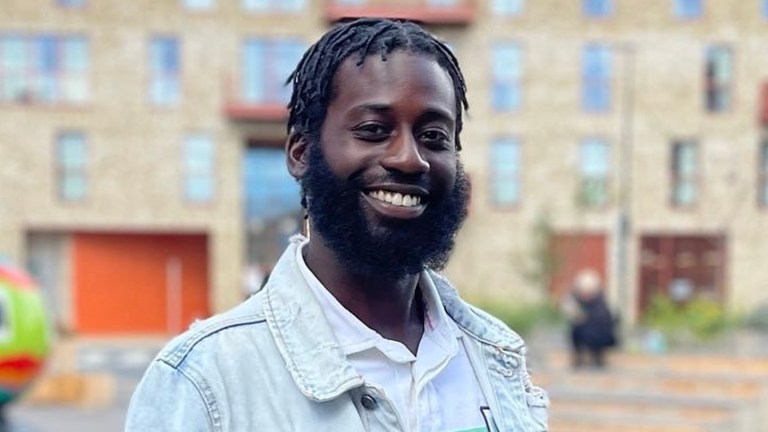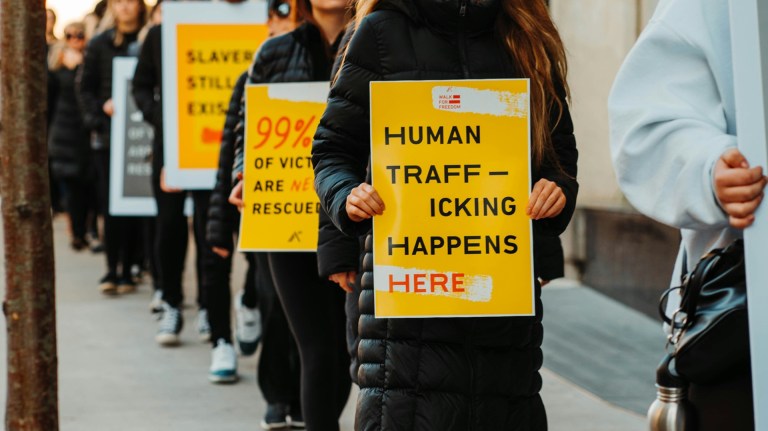She compared the current crisis to unemployment in 2010 and said:
“We know it got worse before it got better … we’re now in a position where we’ve got a bit of hindsight. Now is the time to have a think about what could work for your businesses. We’ve got the opportunity to set the foundation for a much brighter future.”
We want to see society emerging stronger from the Covid-19 crisis by normalising and valuing youth employment.
Everyone wins if we can have good quality jobs taking on people from these groups, eliminating the cost to the state and all the other downstream social costs that emerge if we don’t.
Government initiatives have been put in place. Are they working?
Significant funds have been directed towards incentivising apprenticeships. Employers can claim a £3,000 grant and programmes such as Kickstart are due to fund 250300,000 placements. Kirstin Steinmetz from Salesforce says they use both apprenticeships and pre-apprenticeships, and see enormous value and importance in upskilling the current and future workforce.
“Yes, we have to input a little bit more time,” she said, “it’s a little bit more effort to manage an apprentice and to train them, but what we all get back at the end of the day is just so worth it.”
Advertising helps fund Big Issue’s mission to end poverty
David Hale from the Federation of Small Business said that while there was relief when government schemes were launched, caution remains among many small businesses about taking on any new staff so continued support, including for new recruitment, would be crucial.
The London Chamber of Commerce and Industry (LCCI) found that only 16 per cent of firms surveyed would be looking to take up the Kickstart scheme.
What to do? Building back better needs builders
Catch22 sees three key needs:
1. We need more intentional signalling from government
Ministers have yet to be clear on what the UK’s future competitive advantage is after Brexit and Covid, leaving many employers uncertain about the best route to take.
In Singapore we see their recovery is being led by STEM [science, technology, engineering, and mathematics] and medical fields, with job postings more than tripling for scientific research and doubling for pharmacy, nursing and dental roles.
Advertising helps fund Big Issue’s mission to end poverty
The UK has slowly started to do this with the spring statement on green jobs but more definitive plans are needed.
Some of the policies recently announced, which are aimed at helping young people, are yet to bear fruit. Kickstart, the government’s flagship youth employment scheme, was creating just 13 jobs a day for young people in February while 292 were becoming unemployed daily. The nation needs more championing of the value of young people, the benefits that their creativity brings, and the responsibility we all have to help them recover from the shock of the last year.
2. We need targeted interventions and initiatives
The costs of job insecurity are falling on those least able to bear them and limiting the contribution of a significant group of workers to the labour market. Some will argue we cannot tackle this until the economy has recovered but delivering security can, and should, play a role in building a more productive economy beyond Covid-19 where work is a reliable route out of poverty.
It has been inspiring to hear of the ingenuity of smaller cultural institutions on new media such as TikTok, as the case of the Black Country Museum illustrates.
In hospitality, we’ve also seen Movement to Work founders Diageo launch ‘Raising the Bar’ – helping nightclub venues and pubs in the UK adapt in terms of providing sanitary processes which will allow them to continue to operate as lockdown eases.
Advertising helps fund Big Issue’s mission to end poverty
3. Intermediaries, such as charities, must be value creators
Many charities act as gateway providers for government schemes, that is as intermediaries who act on behalf of employers to submit applications for the likes of Kickstart. These organisations are checked by DWP but the quality varies.
Instead intermediaries should use funding to go further than this, enabling initiatives like Catch22’s Kickstart Community – where civic organisations can work together, at pace, to bring together purposeful employers and young people, while offering wrap-around holistic support – support which leads to sustainable jobs filled by young people who have been mentored throughout.
By working with employers and employees before, during and at least six months after an employment placement, this increases the likelihood of permanence in any role. And this support is extended through all of our employability programmes, which we run with partners and funders including the likes of Barclays and JP Morgan, Microsoft, and Salesforce.
There is a need for all of us to be builders in the mission to build back better.
As I said at our last event, this is not a corporate responsibility activity, and this is not about inclusive growth. This is absolutely essential to diversity, inclusion, competitiveness, and market valuation, and we don’t have to have winners and losers.
Advertising helps fund Big Issue’s mission to end poverty
It’s for us all to be builders in building it back better, to take advantage of our collective wisdom and to share our resources.
Mat Ilic is chief development officer at Catch-22
Catch 22 is a partner of The Big Issue’s Ride Out Recession Alliance (RORA). The Big Issue is offering free training and job search help to anyone who needs it with the new RORA Jobs and Training Toolkit. Sign up to receive a free three-month digital subscription to The Big Issue, access to dozens of free or discounted online training courses and the ability to search hundreds of thousands of jobs.
If you are out of work or worried about work and looking for immediate, practical advice call The Big Issue Jobs helpline on 0204 534 2810.










